From November 28-30, 2012 BIOS will host the international ocean time-series workshop, Moving Toward Global Interoperability in a Changing Ocean: An International Time-Series Methods Workshop. The workshop is jointly convened by the International Ocean Carbon Coordination Project (IOCCP) and the Ocean Carbon & Biogeochemistry (OCB) Program and aims to develop more consistent and transparent time-series methodologies.
The Science Behind Successful Sailboat Racing
July 29, 2020
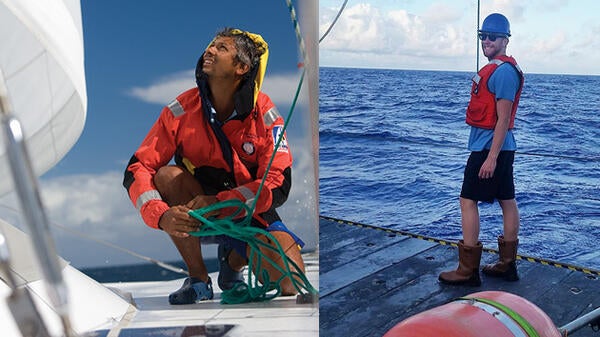
After the successful inaugural episode of Ocean Diaries—a virtual education program and collaboration that aired as a Facebook Live event on the Bermuda Aquarium, Museum, and Zoo (BAMZ) Facebook page last month to over 2,000 views—the team of educators at BAMZ, the Bermuda Zoological Society (BZS), BIOS, and the Bermuda Underwater Exploration Institute (BUEI) quickly remobilized to begin working on episode 2.
Small but Mighty…and Seasonal!
July 29, 2020
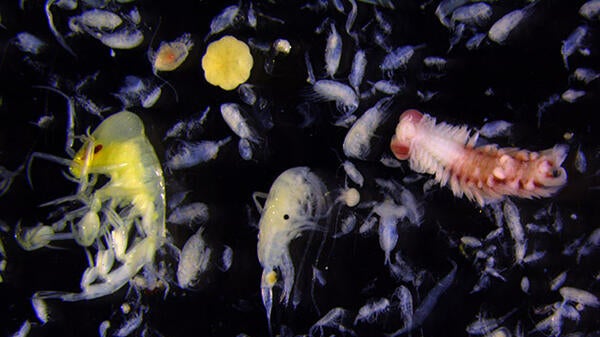
Earlier this year, BIOS associate scientist and zooplankton ecologist Leocadio Blanco-Bercial published a paper in the scientific journal Frontiers in Marine Science that sheds light on zooplankton communities in the Sargasso Sea, where zooplankton diversity is among the highest in the world’s ocean.
North Atlantic Ocean Absorbing Less CO2 Than Originally Thought
October 27, 2012
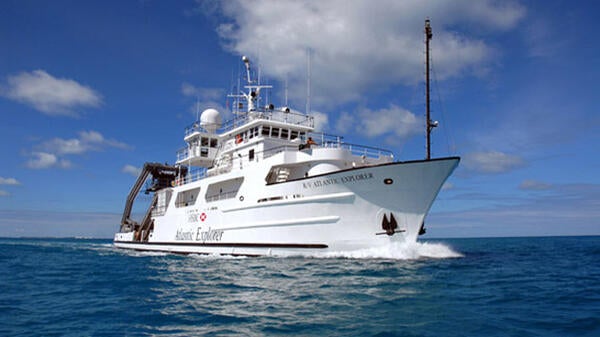
For many years scientists have operated on the belief—backed by extensive calculations and climate models—that the global ocean absorbs approximately 30% of the atmospheric carbon dioxide (CO2) produced by human activities. However, in a recent paper published in the journal Biogeosciences, Dr. Nicholas Bates, Senior Scientist and Associate Director of Research at the Bermuda Institute of Ocean Sciences (BIOS), discovered this might not always be true.
Some of our Achievements in 2012
January 26, 2013
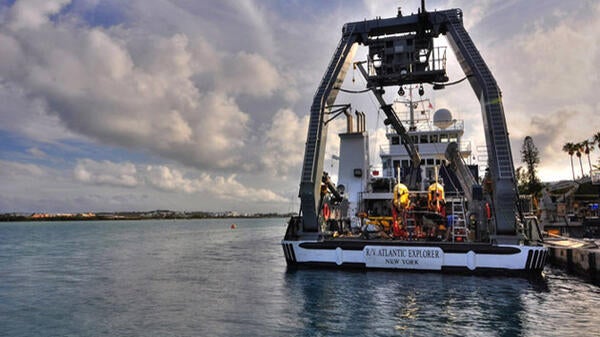
Some of our achievements in 2012 using ocean science for human good include work to:
BIOS Scientists Mark 25 Years of Sargasso Sea Research
February 25, 2013
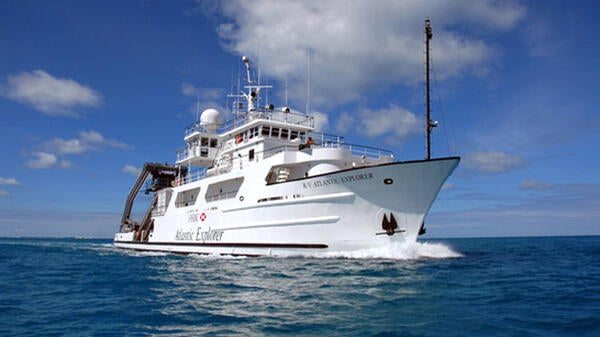
Since October 1988, scientists have been sampling the deep ocean waters of the Sargasso Sea as part of the Bermuda Atlantic Time-series Study (BATS) project, with 2013 marking the program’s 25th year of continuous operation by BIOS.
Enhancing Workforce Capacity
October 28, 2019
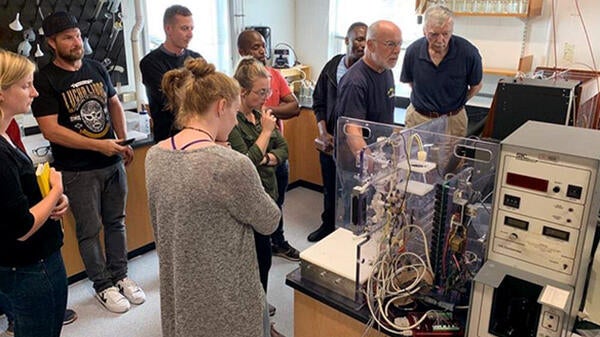
From September 23 through 27, Professor Nicholas Bates, senior scientist at BIOS and Dr. Ludger Mintrop, owner of Marianda—a company in Kiel, Germany that specializes in instruments for marine chemistry analysis—co-hosted a first-of-its-kind professional development course in Bermuda.
Oceanographic Experience Across the Pond
October 28, 2019
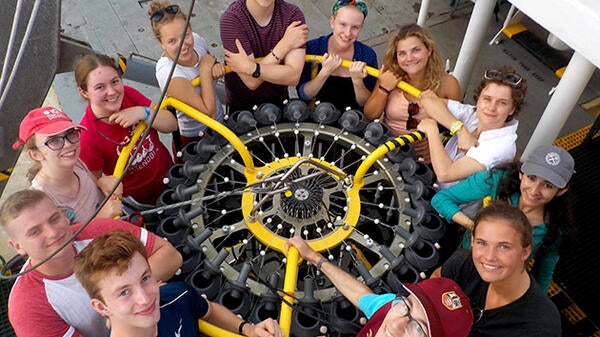
For the last nine years, students in the Earth Science program at the University of Oxford in England have visited BIOS to gain first-hand knowledge of coastal and deep-water oceanography, as well as the unique geology of Bermuda.
Don’t Let Their Size Fool You
November 25, 2019
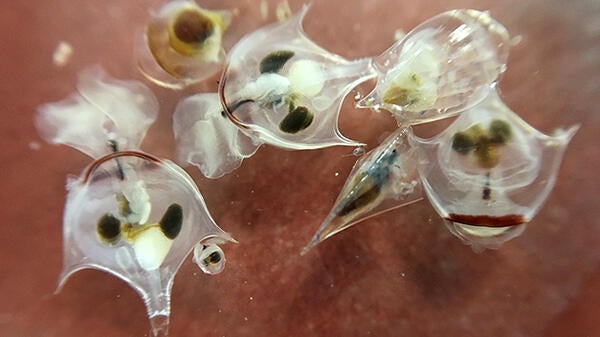
For nearly a hundred years, scientists have known that plankton—the microscopic organisms that drift and float in the ocean, also known as marine microbes—form the basis of the ocean’s food web. Phytoplankton (literally “plant wanderers”) are photosynthetic, like their terrestrial counterparts, and convert sunlight into energy. Phytoplankton, in turn, are consumed by zooplankton (literally “animal wanderers”), as well as a host of larger marine organisms, including juvenile fish, shellfish, birds, and even whales. However, scientists are now learning that plankton play an even larger role in earth’s complex biogeochemical systems.
Medicine, Ocean Science, and Pharmaceuticals
November 25, 2019
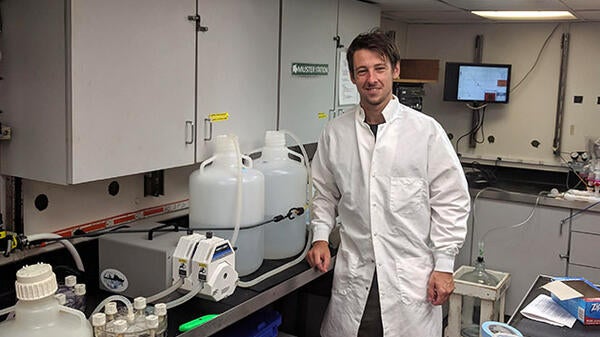
When David Picton first arrived at BIOS in 2013 as a work study intern, he had no intention of pursuing a career in research science, wanting—instead—to become a medical doctor. At 19 he had just finished his first year of studies in biomedical sciences at Newcastle University in the United Kingdom and was simply looking for an opportunity to travel and try his hand at something new, with the hopes of gaining a few skills in the process.
